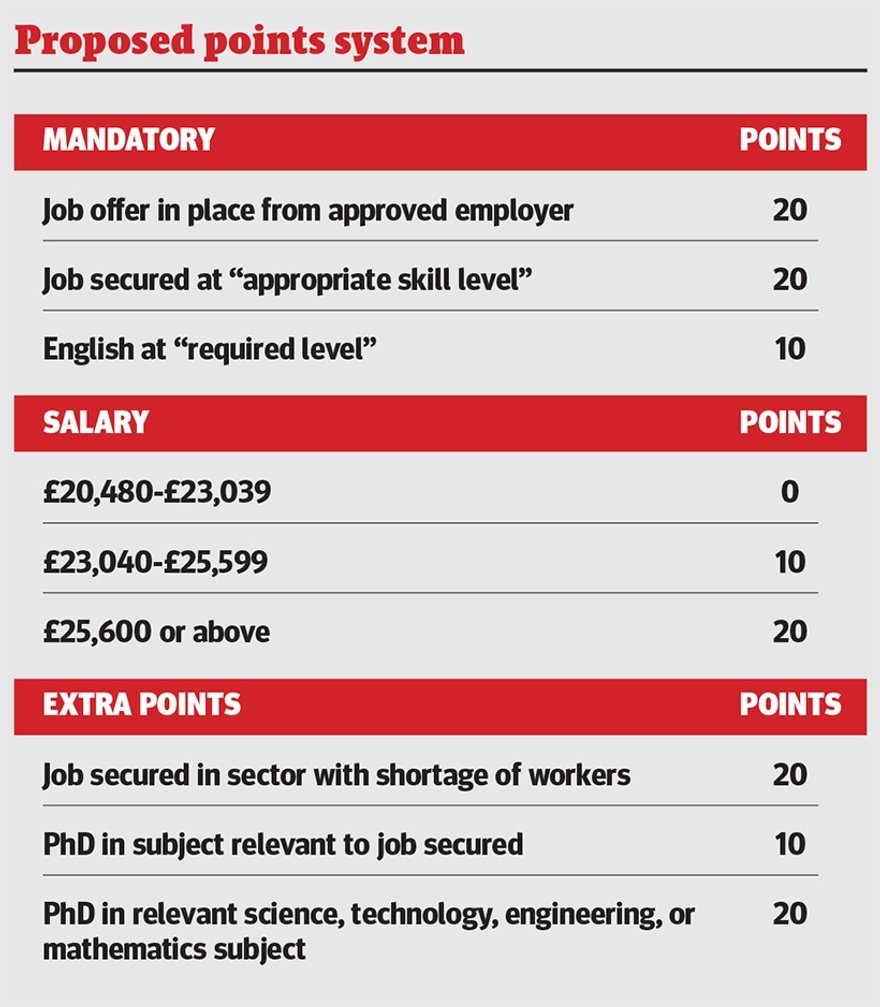Hospitality industry will need to 'relentlessly chip away at government' to change immigration policy
Operators will need to "relentlessly chip away at government" if it is to overturn its perception of the hospitality industry as ‘low skilled' and see changes to the proposed immigration system.
As the Brexit transition period comes to an end, in less than 11 months, prospective workers will need a job offer from a sponsored employer with a minimum salary of £25,600 – although there is a suggestion this could drop to £20,480 in industries with staff shortages if other conditions are met – as well as meeting a minimum English language standard.
Even if these requirements are met, potential employees will need to tot up 70 points in a system that prioritises high salaries and qualifications, with the Home Office estimating that 70% of the UK's current EU workforce would not meet the new requirements. The changes have been described as a 'hammerblow' to the industry with operators saying they are 'shocked and saddened'.
The industry welcomed the government's decision to reduce the general salary cap from the planned £30,000 but said the level was still "prohibitive" and criticised the decision to drop plans for a temporary ‘low-skilled' regime to address short-term disruption.
UKinbound chief executive Joss Croft stressed the industry should not expect to win the argument with government quickly.
He said: "We should press for reform for 1 January but we should be prepared for the long haul. We have got to relentlessly chip away at government on the importance of our sector and that it is one of the best, in which you can go from the shop floor to the boardroom.
"These are important jobs. Calling them low skilled is pejorative."
Croft said the £25,600 salary cap was already "really starting to worry" members, particularly as the sector has reported recruitment difficulties since 2016.
John Guthrie, employment policy advisor, UKHospitality, agreed: "We face a formidable task changing the government's mind on this. We have got to break out of the prison of ‘low skilled' and fight for its worth with ministers and the press." Guthrie called on the UK's three million-strong hospitality and tourism workforce to back the cause. "We need these people to be our advocates," he added.
Inbound organisations also called for foreign language skills to be recognised in immigration policy as a skills gap in the UK that needed to be filled by EU workers.
Croft said: "We need to lobby for foreign language skills to be recognised as a skills shortage. There is a deficit in language skills taught in our schools. How are tourism businesses going to be able to deliver the world class standards people expect?"
Research has shown that 42% of the hospitality workforce comes from the EU and earns an equivalent average full-time salary of £18,400 (£8.85 an hour).
Photo: Shutterstock
Continue reading
You need to create an account to read this article. It's free and only requires a few basic details.
Already subscribed? Log In






